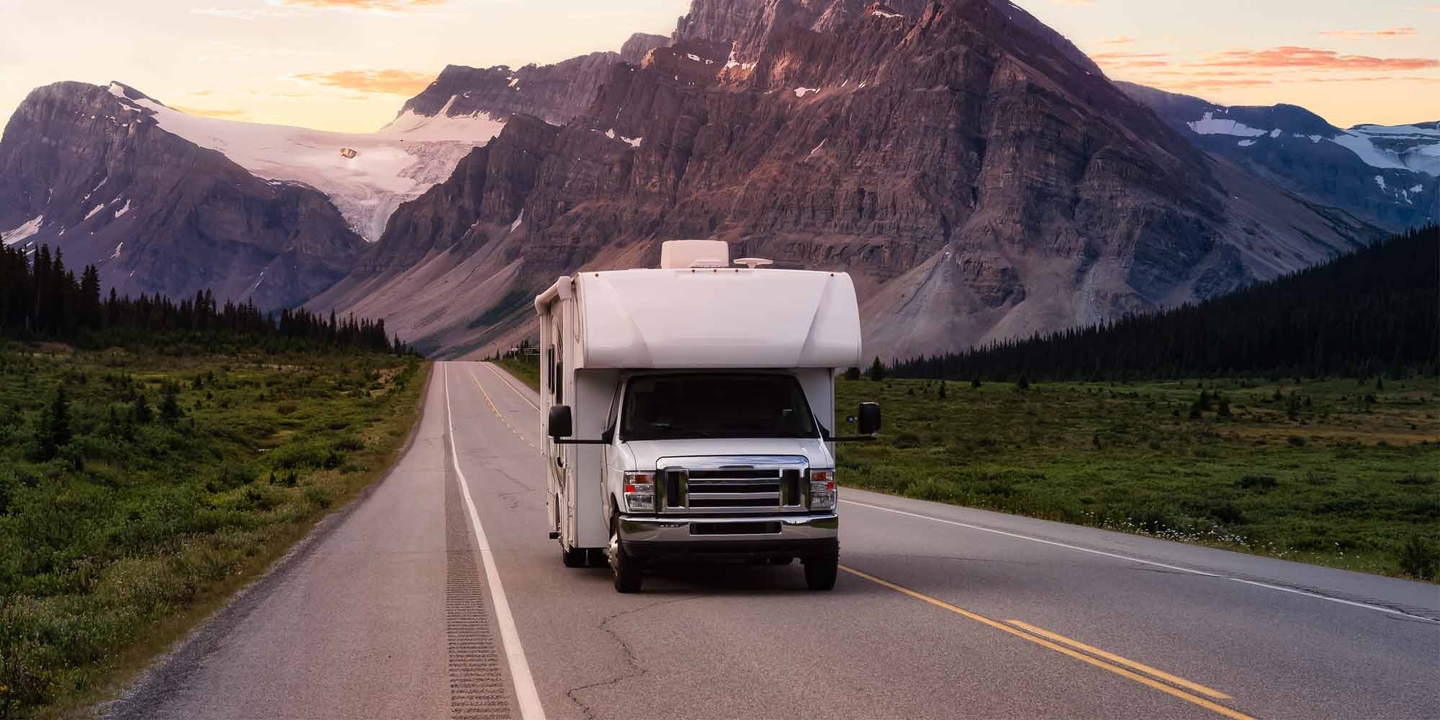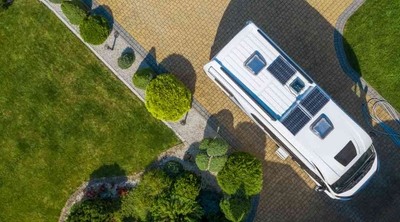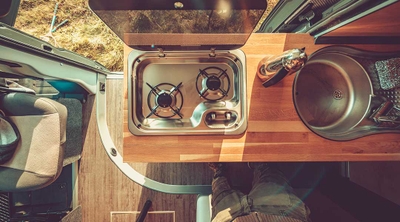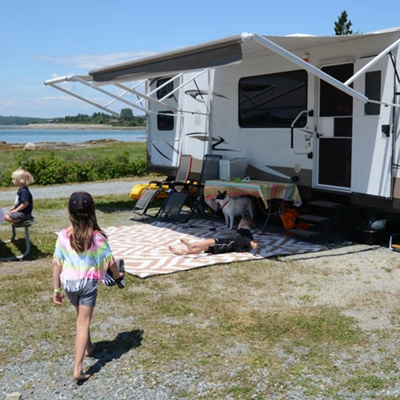Tips for RVing in Canada from the U.S.
2 min read
If you plan to go RVing in Canada, you need to prepare certain documents for the border crossing. Bring passports for each family member — either a passport book or passport card — and signed, up-to-date veterinary documents for any pets you bring. A REAL ID driver's license isn't a substitute for land travel to Canada.
Things to know before crossing the border into Canada by RV
Planning is essential for an international vacation, even if the destination is relatively close to home. Border officials may want to know the details of your trip. If you're planning an extended stay — or you're a full-time RVer with no clear return plans — you may need to complete paperwork to be allowed in. Have a rough idea of your travel plans including sights you plan on seeing, provinces you might be visiting, and the length of your trip. If your travels exceed 180 days, you may need a travel visa.
What can you bring when driving an RV into Canada?
Border crossings impose limits on what you can and can't legally bring with you and Canada is no exception. The limits are reasonably generous, so unless you're planning an extended RV trip across Canada, you likely won't have an issue. Still, pay close attention to certain controlled substances when you pack your RV. You can bring:
- Any pets that live with you in your RV
- Five liters or two bottles of wine per person
- Twenty-four 12-ounce cans/bottles of beer per person
- Up to 200 packs of cigarettes or 50 cigars
- Certain foods (there may be limits on the quantity of certain items)
For the current list of how much and what types of food, plants, and animals you can bring with you across the Canadian border, visit the Canadian Food Inspection Agency.
What can't you bring when driving an RV into Canada?
Other substances are prohibited entirely at the border. For these items, you must either go without for your trip or do some shopping after crossing into Canada with your RV. When you pack, leave the following at home:
- Fresh fruits and vegetables
- Firewood and fireworks
- Guns and ammunition
- Excessive amounts of money ($10,000+)
- Mace and pepper spray
Do you need RV insurance in Canada?
Like nearly every state in the U.S., Canada requires you to have an RV insurance policy with RV liability coverage if you drive a motorhome. If you have a travel trailer, then you're required to have an auto insurance policy for the vehicle being used to tow your trailer. Liability coverage can pay for injuries and property damage you cause, up to your coverage limits, while driving or pulling your RV.




